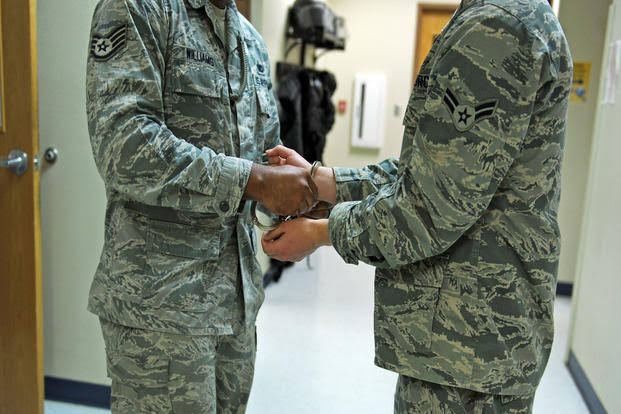Many people in the U.S. have the misconception that people need to give up most of their constitutional rights after joining the military, but in reality, military members enjoy the same constitutional rights in our country as civilians, if not better.
Unfortunately, some military personnel are not aware of all their rights or choose not to exercise them.
It is always better for personnel to have a better understanding of the laws that essentially govern them in the U.S. so that if at any point their rights are threatened or they get into some trouble based on false accusations, they can defend themselves by allowing a military defense attorney to take up their case and represent them.
All they need is a reputed attorney like Sean F. Mangan, and Mangan’s success stories are a testament to his excellence in the field.
Military Justice- How it Operates in America
In the military, its members are not merely governed by federal and state laws but also by military law, and they are bound to work within its boundaries.
Soldiers must follow the orders of their commanders and numerous other rules to ensure the behavior is in the best interest of our country. The main objectives of military laws are to safeguard and promote order, discipline, and morale.
Military Law- A Brief Historical Overview
Military law comprises federal laws that specifically apply to military personnel and the military in general. In the U.S., separate laws concerning the armed forces were established in 1775, when George Washington assisted the Second Continental Congress draft and enacting the Articles of War.
Under the U.S. Constitution, Congress has the authority to “make rules for the government and regulation of land and naval forces.” The first statutory code of military justice was enacted in 1806. Now, the UCMJ (passed by Congress in 1951) essentially governs all American Armed Forces members.
Uniform Code of Military Justice (UCMJ)
As we mentioned, UCMJ governs the conduct of all the armed forces members, including enlisted personnel and officers. It states penalties and rules for civilian and military crimes as well, including the following:
- Ordinary crimes- robbery, theft, fraud, assault, and sexual offenses.
- High crimes and misdemeanors- abuse of authority, perjury, intimidation, bribery, failure to supervise, misuse of assets, conduct unbecoming of an officer, dereliction of duty, and decline to follow a lawful order.
- Offenses that involve non-judicial punishment- The Uniform Code of Military Justice has Article 15 that addresses minor discipline breaches. Penalties include extra duty, reprimands, loss of rank, loss of pay, and restriction or privileges loss.
Military courts are essentially court-martial and a conviction there is referred to as a court-martial conviction. Through the military court system, such a conviction may be appealed.
Depending on the offense, a court-martial conviction can result in discharge under less-than-honorable circumstances, incarceration, dishonorable discharge, an officer’s dismissal, or even a death sentence.
Unique Offenses Under American Military Law
Although armed forces members can be charged with crimes applicable to non-military personnel, some offenses are unique to the military, and those are often the basis of military prosecutions:
- Failure to pay military respect in a proper way or for the chain of command
- Refusal to comply with orders or dereliction of duty
- Conduct an officer’s unbecoming
- Absence or desertion without leave or permission
- Extramarital affairs or adultery
Contact a Top-Rated Attorney!
Certain circumstances may arise where your rights as a military member may be compromised or some false allegations are made against you. In such cases, the most rational thing you can do is contact a military defense attorney who excels in this field and can help you attain justice and protect your rights.






